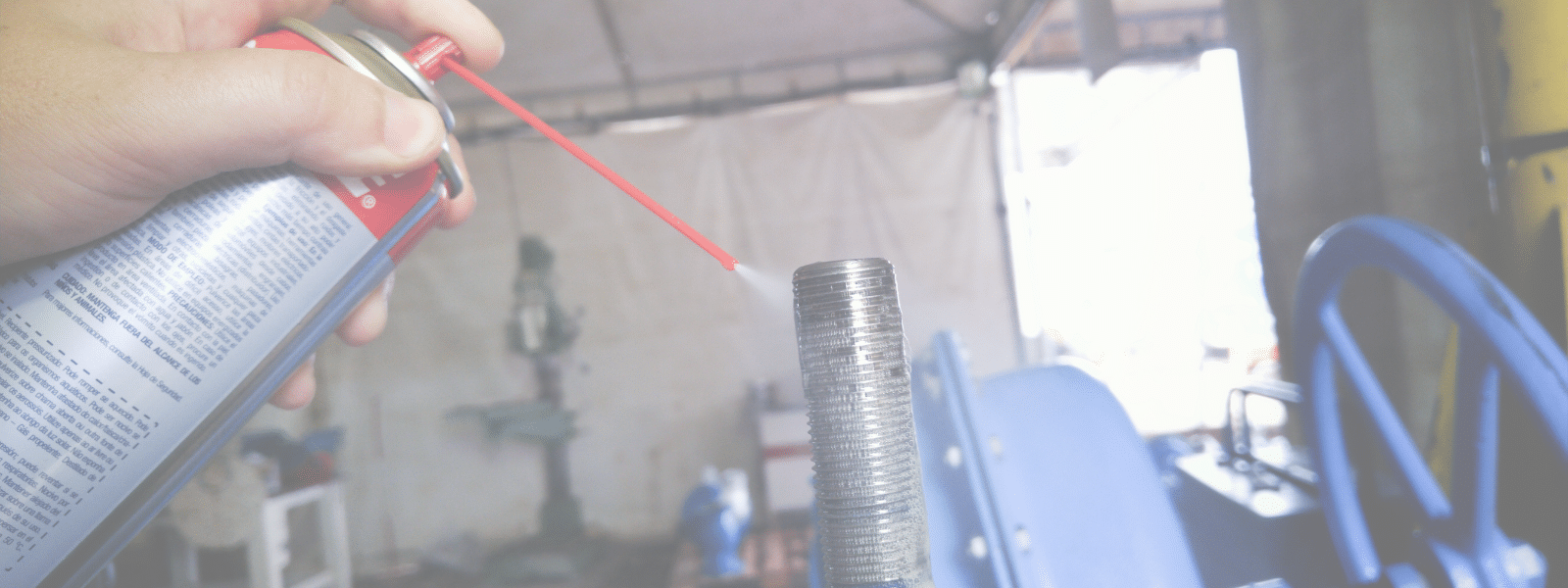What is TCE? TCE, also known as trichloroethylene, is a widely used organic solvent, present in both industrial and commercial applications. It is nonflammable, colorless, and has a slightly sweet odor. The controversial solvent has also been increasingly regulated in the U.S. and even banned in certain countries.
What Is TCE Used for?
- Degreasing – The solvent is primarily used as a degreasing agent for cleaning metal parts. It is a popular choice for vapor degreasing, as its high boiling point and non-flammability enable it to dissolve stubborn debris and grease.
- Extraction solvent – In the textile industry, TCE has been used to extract grease, waxes, and oils from various fabrics, such as wool and cotton.
- Chemical intermediate – Mostly in the pharmaceutical industry, TCE is used as an intermediate in the production of organic chemicals and certain drugs.
- Additive – The solvent is added to various types of household products, such as cleaning wipes, aerosol cleaners, carpet cleaners, adhesives, lubricants, spot removers, paint thinners, paint removers, and even typewriter correction fluids.
Dangers of TCE Exposure
Although the solvent is still used in large amounts in the United States, its toxicity and associated health effects are beginning to gain traction at the industrial level. Many companies have switched to using safer solvents because of the health and environmental risks associated with TCE:
- The solvent is a known carcinogen, able to alter DNA and create mutations in tissue, causing certain cancers and lymphoma.
- At moderate exposure levels, it may cause dizziness, headaches, nausea, confusion, respiratory irritation, eye irritation, and unconsciousness.
- Chronic exposure may result in kidney damage, liver damage, nervous system damage, permanent cardiac issues, loss of coordination, and even death.
- TCE has been shown to contaminate groundwater and drinking water sources in various locations in the U.S. Through waste disposal and storage tank leaks, it can seep into these water sources and is not able to evaporate, causing it to accumulate and potentially be exposed to unsuspecting citizens.
Looking for Safer Alternatives to Hazardous Solvents?
Ecolink provides a selection of eco-friendly and worker-friendly industrial solvents that are formulated to effectively replace highly toxic chemicals like TCE. Our products ensure a safer workplace and less harm to the environment without compromising quality.
Check out our selection of products here! You can also reach out to the specialized staff here for assistance finding the best product for your business needs.















